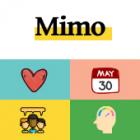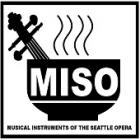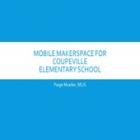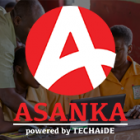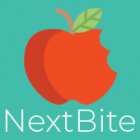
Milestone
In Seattle, many youth and young adults experiencing unstable housing rely on their case managers to help them through periods of adversity. However, the lack of a centralized platform for collaboration hinders this process for both sides. Milestone empowers youth and young adults to navigate the path toward stability by providing a single point of contact and cooperation with their case managers. By integrating messaging and the creation of goal plans into a single platform, youth and young adults can work with their case managers to achieve success, one milestone at a time.


